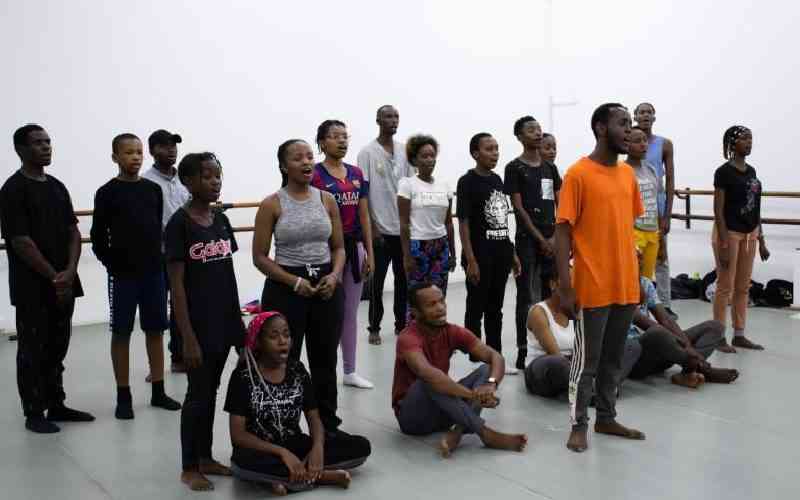×
The Standard e-Paper
Home To Bold Columnists

The last time Ngugi wa Thiong'o and Ngugi wa Mirii's iconic play was staged in Limuru was in 1977 at the Kamiirithu Cultural Centre.
Soon after it was banned and both authors arrested. They later fled to exile. The centre was demolished by policemen in 1982.